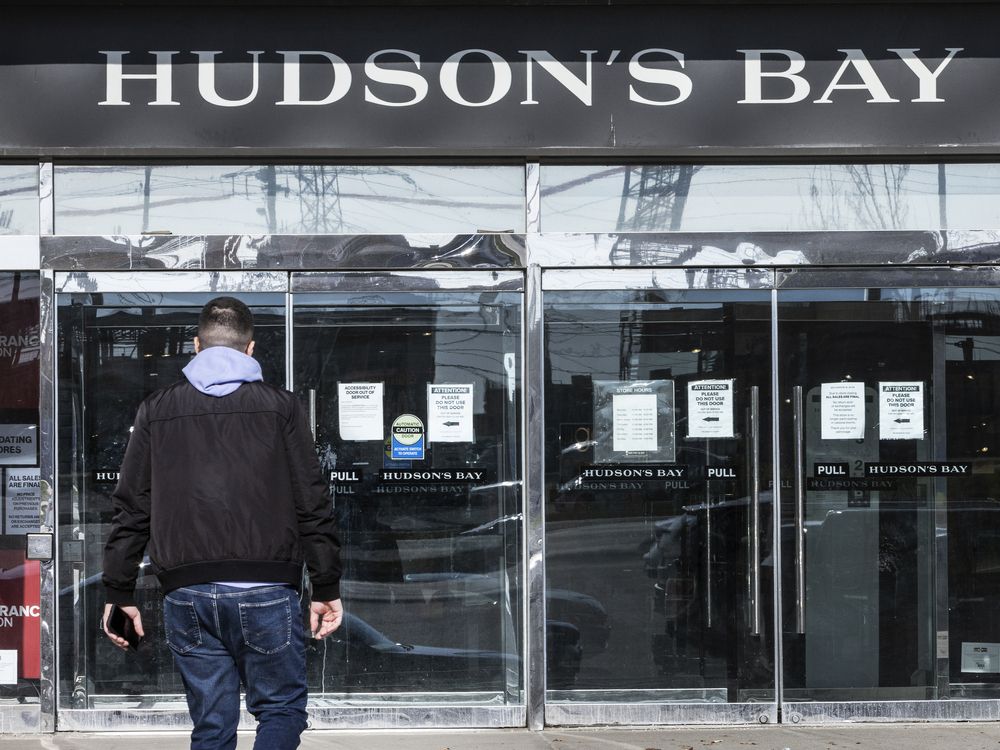New Lawsuit Seeks To Force Return Of Collected Tariffs Following Court Ruling

A new lawsuit filed in the U.S. Court of International Trade seeks to force the Trump administration to return tariffs it collected under the president’s “Liberation Day” announcement now that the court has ruled them unlawful.
Chapter1 LLC, a Las Vegas-based skincare start-up, said it paid nearly $23,000 under the challenged tariffs when it imported a custom machine to mix its serum and toner products from China.
The suit says the company’s owner, 25-year-old Ali Shaubzada, ordered the machine in the fall, using most of his savings and business lines of credit. It arrived in the U.S. earlier this month, with the duties outpacing the roughly $16,000 cost of the machine itself.
“To pay for this unexpectedly large bill, Ali had to take out a personal loan,” the complaint reads.
The class-action suit seeks to recover Chapter1's tariff payment and the billions in payments made by businesses across the country following Trump’s announcements.
“Hundreds of thousands of other American businesses have exactly the same claim, based on exactly the same legal theory, against the United States: Each importer has a claim against the United States for repayment of the tariffs it paid,” the lawsuit states.
Chapter1 is represented by Gerstein Harrow.
The Hill has reached out to the Justice Department for comment.
The suit, filed Thursday, comes a day after the trade court invalidated the bulk of Trump’s tariffs.
The three-judge panel unanimously ruled that the administration's broad interpretation of the International Emergency Economic Powers Act (IEEPA), a federal law that authorizes the president to impose necessary economic sanctions during a national emergency, is unconstitutional.
Trump previously cited trade deficits as emergency justification to impose his “Liberation Day” tariffs, which imposed a 10 percent rate on all imports and higher, reciprocal tariffs on dozens of U.S. trading partners. Wednesday's ruling also blocked Trump’s IEEPA tariffs on Mexico, Canada and China dating back to February that pointed to an influx of fentanyl coming across the border.
The U.S. Court of Appeals for the Federal Circuit temporarily lifted the order on Thursday but is expected to issue a new ruling after receiving written arguments from the parties in the coming days.
Separately, a federal district judge in the nation’s capital blocked Trump’s use of IEEPA in response to another lawsuit.
The administration has appealed that ruling, too. But the judge provided two weeks before his order goes into effect, meaning that no court injunction is currently blocking any of Trump’s tariffs, for now.


